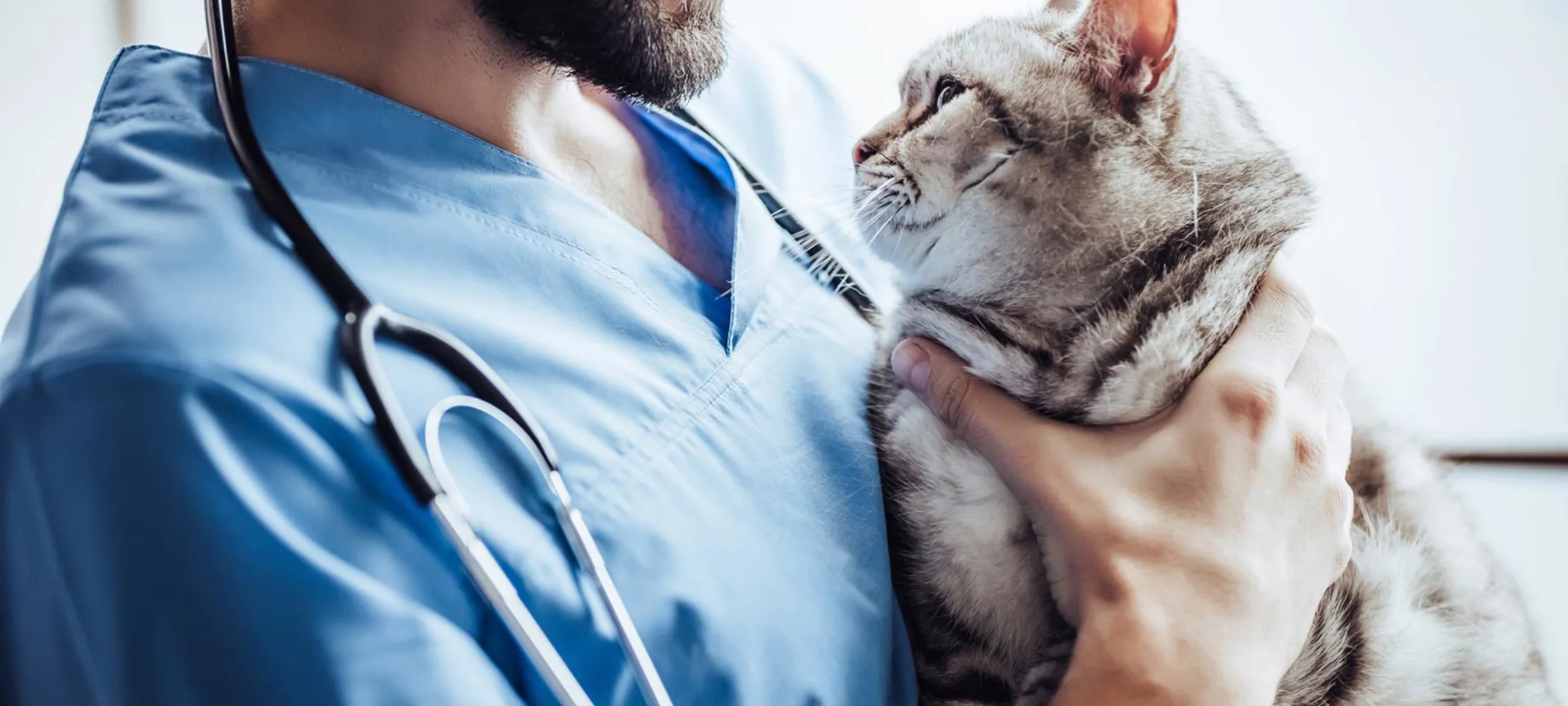Central Coast Pet Hospital and Emergency
What is a Pet Emergency?
If you believe your pet is having an emergency situation that cannot wait for your primary veterinarian’s normal business hours, please immediately call us at (805) 489-6573.

What is a Pet Emergency?
Listed below are indications that your pet may require immediate medical care:
Difficulty breathing or labored breathing
Traumatic injuries – even if not immediately showing any signs:
Hit by car
Blunt force trauma
Falling from a height
Penetrating or puncture wounds
Collapse or inability to stand/walk, mobility issues
Loss of consciousness
Seizure activity
Bleeding
Heat stroke
Experiencing pain and/or weakness
Straining to urinate or defecate – Especially in male cats
Toxin ingestion – including but not limited to:
Chocolate
Rat/Gopher Poison
Prescription and non-prescription drugs
Household cleaning products
Xylitol (found in many chewing gums)
Certain household plants including lilies with cats
Antifreeze
Eye injuries or inflammation/swelling or sudden blindness
White or blue gums with lethargy
Diarrhea that is bloody or black
Retching or vomiting without producing anything
Distension of the abdomen
